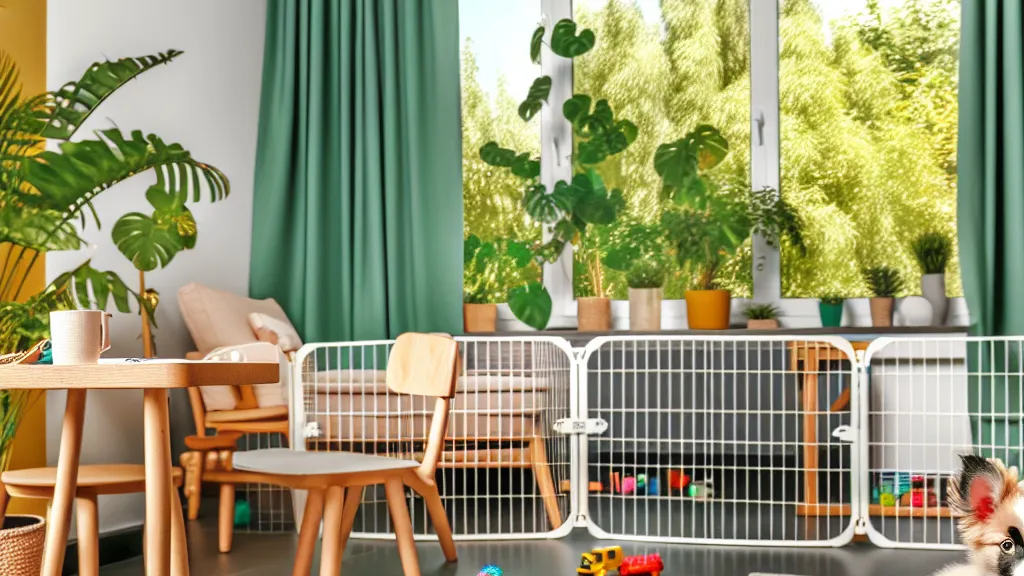Introduction
As pet owners, our primary responsibility is to ensure the safety and well-being of our beloved furry friends. From preventing accidents at home to being cautious during outdoor adventures, there are numerous ways to keep our pets safe. In this article, we will explore essential safety tips that every pet owner should consider to provide a secure environment for their animals.
1. Pet-Proofing Your Home
Just like we childproof our homes for kids, pet-proofing is crucial for our pets. Start by:
- Storing hazardous materials like cleaning supplies, medications, and sharp objects out of reach.
- Using safety gates to prevent pets from accessing hazardous areas, like stairs or kitchens.
- Ensuring electrical cords are out of reach and using cord concealers to reduce risks of chewing.
- Covering trash cans to prevent pets from rummaging through potentially dangerous items.
2. Outdoor Safety
When taking your pet outdoors, safety is paramount. Consider the following tips:
- Always use a leash or harness when walking your dog. This prevents them from running into traffic or wandering off.
- Be mindful of the weather; heat can be particularly dangerous for pets. Always provide plenty of water and shade.
- Ensure your pet is microchipped and wearing an ID tag to increase the chances of being reunited if they get lost.
- Be aware of your surroundings; avoid areas that might harbor dangerous plants or wildlife.
3. Fire Safety
Pets can inadvertently create fire hazards. Here’s how to keep them safe:
- Never leave candles unattended, and consider using flameless candles instead.
- Keep matches, lighters, and other flammable items out of reach.
- When leaving your pet alone at home, limit their access to kitchens or areas where appliances can cause hazards.
- Consider installing smoke detectors and check them regularly to ensure they function properly.
4. Poison Prevention
Pets are naturally curious, which can lead them to ingest harmful substances. To prevent poisoning, think about the following:
- Keep human food that is toxic to pets, such as chocolate, grapes, and onions, out of reach.
- Store household plants that may be poisonous to pets away from their reach; common examples include lilies and poinsettias.
- Use only pet-safe products for cleaning and gardening, and ensure chemicals are stored securely.
5. Emergency Preparedness
Emergencies can happen at any time. Prepare in advance to protect your pet:
- Establish a plan for natural disasters, including a pet evacuation kit with food, medications, leash, and ID.
- Familiarize yourself with nearby pet-friendly hotels or shelters in case of evacuation.
- Have contacts for emergency pet clinics readily available.
Conclusion
Safety is a top priority for pet owners, and by taking these essential precautions, you can significantly reduce risks and ensure your furry friends live a happy and healthy life. Remember, a safe pet is a happy pet, so invest time in implementing these tips for a secure environment at home and beyond.

